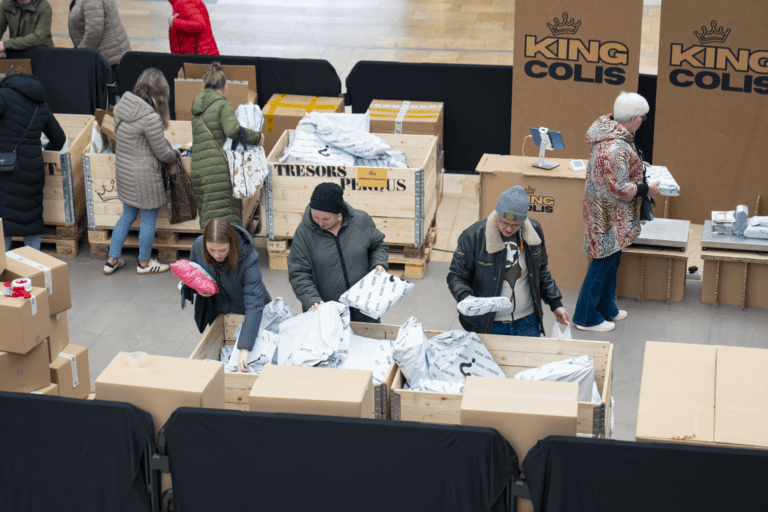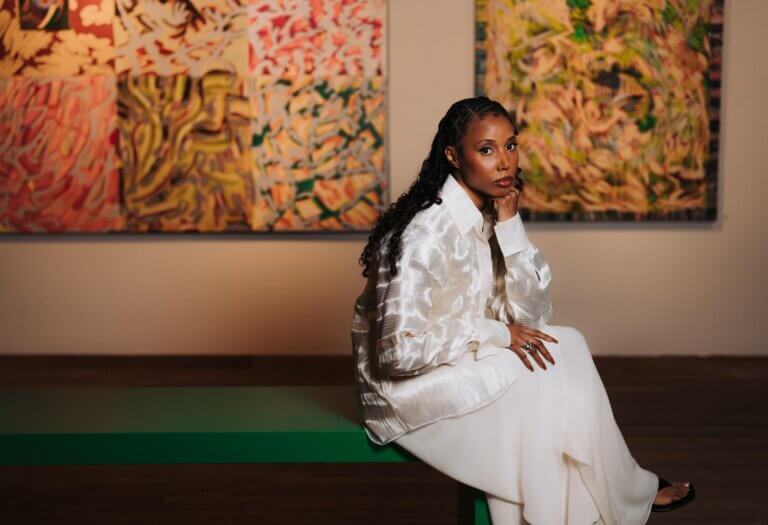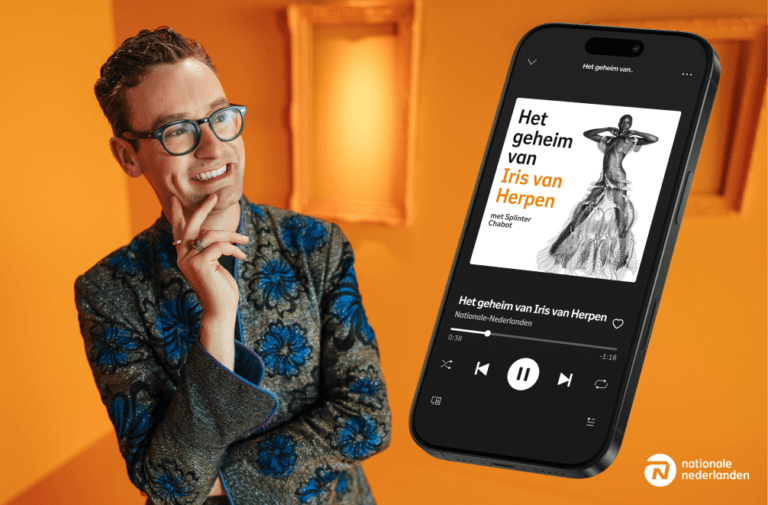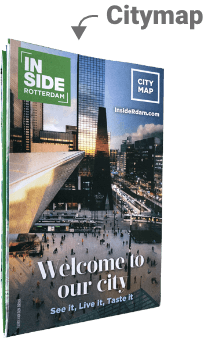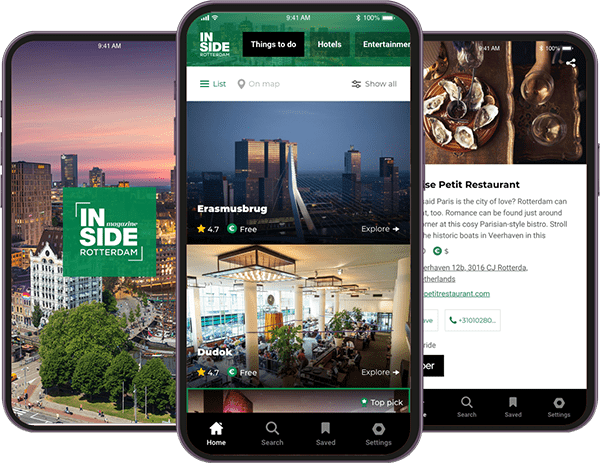On June 25 and 26, 2025, Wereldmuseum Rotterdam will host the international conference De-Imperialising Histories and Blazing Forms, organized by the Wereldmuseum and the Research Center for Material Culture (RCMC), in collaboration with Asia Forum.
This two-day gathering will bring together an impressive line-up of artists, scholars, and curators — including internationally renowned Cambodian artist Sopheap Pich, known for his monumental sculptures featured in institutions such as the Metropolitan Museum of Art, the Guggenheim Museum (New York), the Centre Pompidou (Paris), and the National Gallery Singapore; and Winnie Wong, professor at UC Berkeley and author of the award-winning Van Gogh on Demand, whose groundbreaking research explores authorship and the art market in China.
The aim of the conference is to challenge the stereotypical, often Western-centric perspectives on Asian art and to inspire a more open, pluralistic view of the world and its art histories.
De-Imperialising Histories and Blazing Forms is the second edition in a series focused on reshaping global art histories both within and beyond the institutional frameworks of the Wereldmuseum. While the first edition (2024) centered on Africa and its diasporas, this year’s edition explores how artistic practices rooted in Asian contexts contribute to the decolonization of knowledge production, representation, and museum structures.
Confirmed speakers
The conference will bring together an outstanding group of international artists, curators, and thinkers, including Sopheap Pich, Winnie Wong, Ming Tiampo, Hammad Nasar, Yoshiko Shimada, John Tain, Yuko Kikuchi, Hira Nabi, Eunsong Kim, Beatrice Glow, Yazan Khalili, Vera Mey, Sara Sejin Chang (Sara van der Heide), the collective Without Shape Without Form (Deep Kailey & Nep Singh Sidhu), and Annie Jael Kwan.
Together, they offer rich and critical perspectives on the ways in which art histories are constructed, questioned, and rewritten across the globe.
Four themes – one mission
The program is built around four key thematic pillars:
Connectivity – exploring transnational networks, migration, and shared histories
Making – focused on material culture, craft, and artistic processes
Value – addressing valuation, institutional legitimacy, and alternative epistemologies
Spirituality – considering ritual, meaning-making, and the immaterial dimensions of art
These themes will be explored through lectures, panel discussions, artist talks, and performances, offering space for both theoretical depth and artistic reflection.
De-Imperialising Histories and Blazing Forms builds on Wereldmuseum’s broader efforts to interrogate how a museum can respond to a world shaped by nationalism and colonial legacies.
In collaboration with Asia Forum and a distinguished group of artists, curators, and scholars working on Global Asias, the conference asks:
What does it mean to decolonize Asian art histories? And what does it mean to do so from within and in collaboration with an ethnographic museum?
The complex legacies of empire-building in Asia — from imperial powers to multiply colonized societies — call for a rethinking beyond the binary of colonizer and colonized. Instead, the conference seeks to examine the underlying systems that continue to structure knowledge and knowledge production today.
Through the four thematic lenses of connectivity, making, value, and spirituality, the conference invites a critical rethinking of the histories, practices, and objects of Asia — and of the alternatives they offer for all of us.
About RCMC
The Research Center for Material Culture (RCMC) is the leading research institute of the Wereldmuseum and plays a key role in redefining the purpose of museums in the 21st century.
In an era where museums across the globe are confronting the legacies of colonialism, RCMC serves as a visionary hub for research, reflection, and imagination. As an integral part of Wereldmuseum, the center provides an experimental space where artists, thinkers, activists, and curators come together to challenge dominant narratives.
RCMC is committed to developing new, more just perspectives on heritage and identity. Through engagement with the museum’s collections, it examines how historical inequalities continue to shape contemporary knowledge and representation — with a clear mission: to transform museums into active agents for a more equitable future.
Through collaborations with artists, communities, and researchers, RCMC initiates projects such as exhibitions, podcasts, and workshops. These initiatives prioritize marginalized voices and are grounded in ethical engagement.
Acces & audience
The conference is open to a wide audience, including academics, students, artists, museum professionals, and others interested in decolonial theory and artistic practice.
Participation is free of charge, but registration is required.
Practical information
Dates: 25–26 June 2025
Location: Balzaal, Wereldmuseum Rotterdam
Admission: Free
Registration via: www.materialculture.nl
